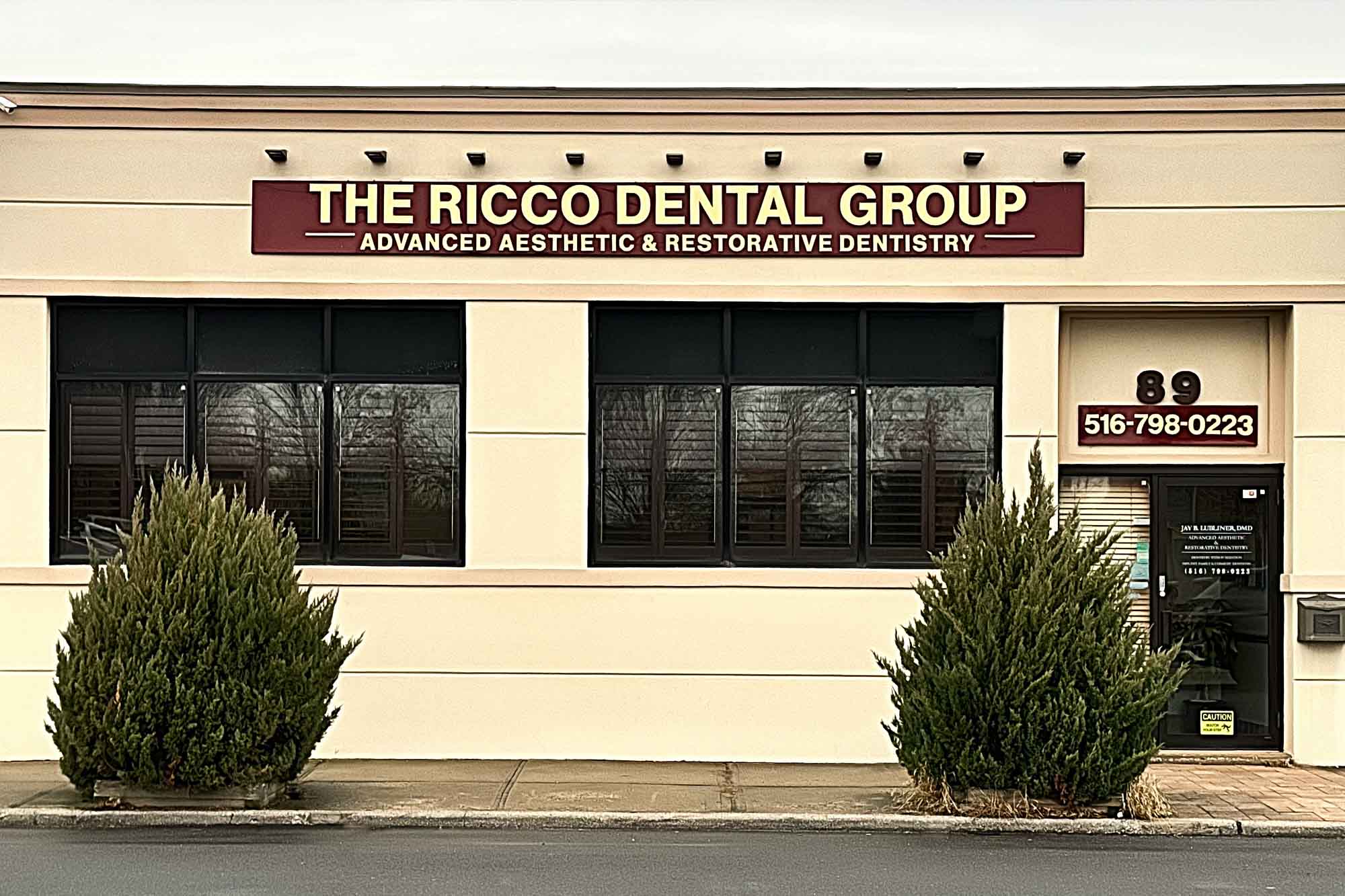Does My Dental Insurance Cover Dental Implants?

Dental professionals believe that implants are today's best replacements for broken, decayed, or missing teeth. One of the most common questions about dental implants is whether patients can receive insurance coverage.
Insurance may cover parts of the implant procedure, especially if the patient suffered a traumatic injury. However, some dental insurers consider implants cosmetic and do not cover them.
Procedures Most Likely to Receive Partial Coverage
- Tooth Extractions
- Implant Post and Abutment Placement
- Crown Placement
Many insurers do not cover the cost of pre-operative and post-operative care, bone graft procedures, or preoperative imaging scans.
When Medical Insurance May Cover Part of the Cost
Your medical insurance may cover part of the implant process if you have lost or damaged teeth from a traumatic injury or accident.
Advantages of Dental Implants
Attractive Appearance
Implants give patients complete, healthy smiles. They look and feel natural, matching your original tooth precisely.
Boost Self-Confidence
With a full smile, you will feel less self-conscious about smiling in photos or public. You can freely show your personality to the world without feeling uncomfortable with your smile. You may attract extra personal and professional opportunities.
Protect Oral Health
Implants protect oral health by keeping teeth from shifting and closing gaps where plaque and food can collect. Crooked teeth are harder to clean, leading to higher rates of gum disease and tooth decay.
A dental implant stimulates the jawbone in the same way as a natural tooth. Without the stimulation from chewing, the jawbone around the empty socket begins to break down, causing low bone mass and density.
How Dental Implants Work
A dental implant completely replaces your whole tooth, from the root to the crown. It comprises a small titanium post that bonds with your jawbone and a stainless steel abutment or cap. A crown, bridge, or denture matches your natural teeth and completes the restoration.
Dental implant surgery involves making a small opening in the gum and jawbone, inserting the post, and allowing it to heal over time. During the next procedure,
Types of Dental Implants
Single-Tooth Implants
Each implant replaces one tooth. Single-tooth implants are an excellent choice if your missing teeth are not adjacent. They are easy to care for, requiring only brushing, flossing, and routine dental visits.
Implant-Supported Bridges
An implant-supported bridge improves on a standard bridge. It connects to sturdy implant posts rather than crowns on natural teeth. It does not strain adjacent natural teeth, and it lasts significantly longer.
Implant-Supported Dentures
An implant-supported denture can replace a complete arch of teeth with just a few posts. Implant-supported dentures are sturdier, longer-lasting, and more convenient than removable dentures. They do not slip, click, or trap food.
Getting the Most Coverage From Your Dental Insurance
Dental insurance plans vary so much that it is vital to understand your plan in-depth before scheduling implant treatments. Here is a list of questions you should remember when speaking to your dental insurer or reviewing a new policy:
- What portions of the implant process will you cover?
- Is there a waiting period for a new policy before implant coverage takes effect?
- Does my plan have a maximum coverage limit?
- Do I have a yearly or lifetime cap on my policy?
- What percentage of the implant post and crown placement will I need to pay?
Frequently Asked Questions About Dental Implants
What should I do if I don’t have sufficient bone mass to place an implant?
You can receive a bone graft from an oral surgeon. A bone graft adds bulk to the jawbone by introducing a ground and sterilized bone matrix for the natural bone to use as a scaffold.
What happens if I don't replace an extracted tooth?
Food and plaque will collect in the gap left by your extracted tooth. Other teeth will drift out of position, changing your dental bite and contributing to further tooth loss. Your jawbone will begin to break down around the empty socket, potentially leading to a sunken facial appearance.
Contact The Ricco Dental Group
We understand that dental implants may be a significant investment in your oral health and work to make them feasible for as many patients as possible. If you want to learn about implant procedures, please contact us at one of our convenient Long Island offices today.




